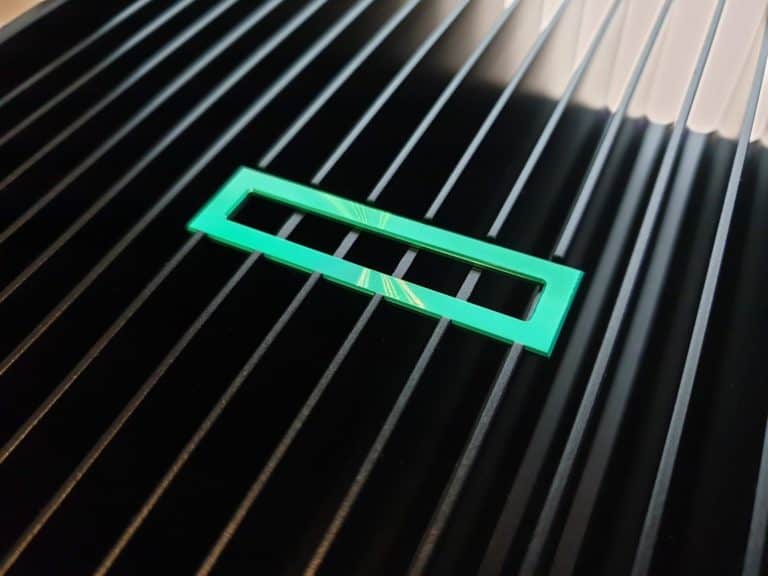HPE has announced two new ProLiant DL servers using the new second generation Epyc processors from AMD. According to HPE, the servers deliver 37 world records in terms of performance against the benchmark results.
The new servers – the HPE ProLiant DL325 and ProLiant DL385 – broke previous records for virtualization performance by 321 percent, the company states. Energy efficiency records were also broken, at 28%. That’s what Venturebeat writes.
Virtualization is important to maximize the use of resources in a server. It also reduces operational costs. This makes virtualisation an important measurement point for the effectiveness and efficiency of the cloud and data centres.
The ProLiant DL385 with two Epic-Processors broke the previous virtualization world record with 61 percent better performance and a 29 percent better price/performance ratio. The PrioLiant DL325 gave a 321 percent performance boost compared to the previous record holder.
Epyc processors
HPE announced its new servers at the unveiling of AMD’s new Epyc processors last week. The chips should improve performance and reduce energy consumption. AMD itself speaks of an 83 percent performance improvement in Java application workloads and record virtualization performance.
The new chips are made in a 7 nanometre process and contain up to 64 Zen 2-cores, which should reduce the total cost of ownership by up to 50 percent for many data center workloads.
They also provide up to 23 percent more instructions per clock per core for server workloads.
New possibilities
HPE now says that the processors in the new servers enable new levels of workload optimization, security and automation. The new servers should be launched soon. An exact date and price has not yet been announced.
In addition to HPE, Lenovo, Google and Microsoft are already using the chips in new products. For example, Lenovo processed the chips in its ThinkSystem SR655 and SR635 servers.
This news article was automatically translated from Dutch to give Techzine.eu a head start. All news articles after September 1, 2019 are written in native English and NOT translated. All our background stories are written in native English as well. For more information read our launch article.